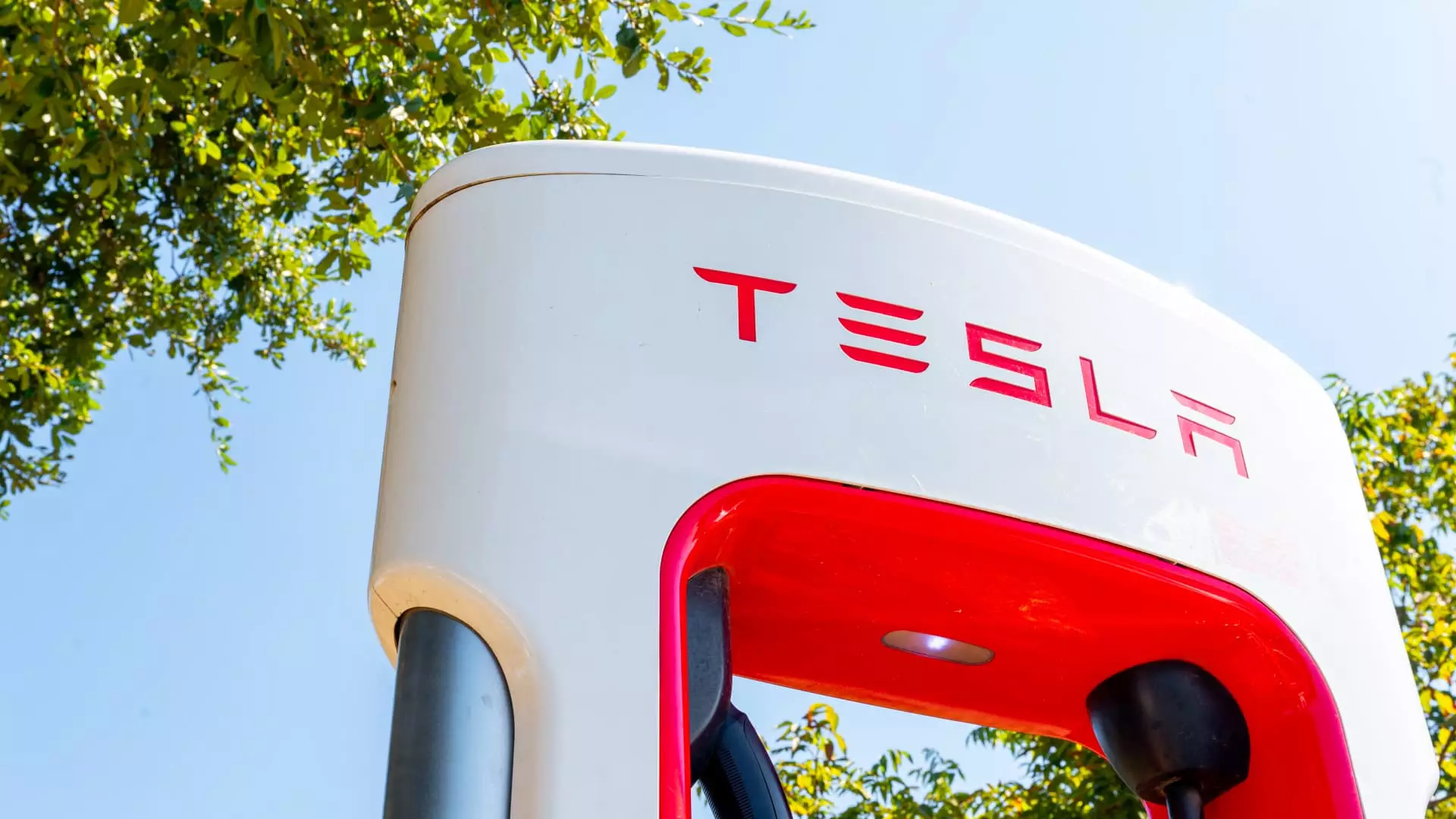In recent years, Tesla’s Autopilot and Full Self-Driving (FSD) technologies have become the epicenter of a myriad of legal and ethical debates. This intensified scrutiny has come to a head with the lawsuit filed by the family of Genesis Giovanni Mendoza-Martinez, who tragically lost his life in a 2023 crash while utilizing Tesla’s Autopilot feature. The family alleges “fraudulent misrepresentation” on the part of Tesla regarding the capabilities of its Autopilot system, claiming the company has misled consumers about the technology’s safety and effectiveness.
The incident, which occurred in Walnut Creek, California, involved a 2021 Model S that collided with a parked fire truck. Mendoza’s family, particularly his brother Caleb, who suffered serious injuries in the accident, initiated legal action in Contra Costa County in October. However, this case was quickly moved to federal court—an environment that typically presents more stringent challenges for plaintiffs seeking to prove fraud claims.
Moving the case to federal court adds layers of complexity to the proceedings. Plaintiffs in such settings must meet a higher burden of proof, particularly in fraud cases. The Mendoza family’s attorneys have pointed to a slew of public communications—social media posts, earnings call remarks, and company blogs—as evidence that Tesla has a history of exaggerating the Autopilot’s capabilities. This narrative positions Tesla and its CEO, Elon Musk, as engaged in a long-term strategy to enhance sales and bolster the company’s financial standing at the expense of consumer safety.
Conversely, Tesla’s legal team has firmly rejected these allegations, attributing blame to the driver’s alleged negligent behavior as the primary determinant of the crash. They argue that the design of their vehicles adheres to both state and federal safety standards, thus putting the onus of responsibility back onto the driver rather than the company’s promotional activities.
An Increasingly Complicated Landscape of Legal Struggles
This tragic incident is not an isolated event; it joins a growing litany of at least 15 similar lawsuits centered on Tesla’s Autopilot and FSD technology, some of which have already made their way to federal courts. This trend raises pressing questions regarding the accountability and safety of advanced driver-assistance systems. Concerns are heightened given that the National Highway Traffic Safety Administration (NHTSA) has been conducting investigations into Tesla’s Autopilot feature since August 2021, following a series of accidents that drew public and governmental scrutiny.
Amid these investigations, Tesla has made modifications to its software, reflecting a responsive effort to address identified safety issues. However, these updates have not quelled all criticism; the NHTSA cautioned the company that some of its social media communications might mislead consumers into thinking their vehicles possess full autonomy when, in reality, this does not yet exist.
Tesla is boldly moving forward with advancements to its FSD technology, all while grappling with regulatory challenges and public skepticism. Notably, other companies in the autonomous vehicle space, such as WeRide, Pony.ai, and Waymo, have already launched functional robotaxi services. This juxtaposition raises crucial concerns about Tesla’s competitiveness and innovative edge in the evolving autonomous vehicle market.
The recent public campaign led by Musk on social media, inviting his vast follower base to experience Tesla’s self-driving technology, underscores the company’s commitment to maintaining an image of innovation. However, it also generates further scrutiny and skepticism regarding the actual state of their technology’s readiness for such ambitious claims.
As the Mendoza-Martinez case continues to unfold, it stands as a critical flashpoint in the discussion around the safety and legitimacy of autonomous driving technologies. The outcomes of this legal battle could have significant implications—not only for Tesla but for the entire automotive and tech industries that are simultaneously advancing toward similar innovations.
The intersection of technology, safety, and consumer trust remains a challenging arena for all stakeholders involved. As the industry evolves, it becomes increasingly essential for companies to prioritize transparency and ethical communication about their technologies’ capabilities, especially in light of the tragic consequences that can arise when these powerful tools are misrepresented. Thus, the lessons learned from the Mendoza-Martinez case may indeed resonate far beyond the courtroom, shaping the very future of transportation.

